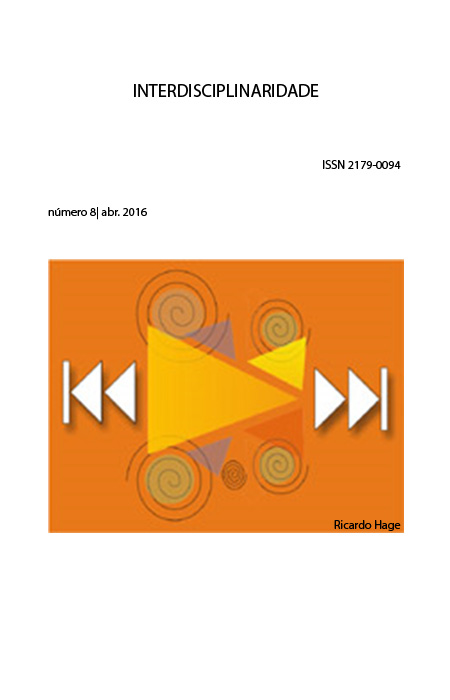The MAPREI educational intervention: interdisciplinary form and content for citizens' education.
Keywords:
education, interdisciplinarity, learning.Abstract
Can a school develop consolidating interdisciplinary practices that unite the intellectual and affective aspects, bringing about a type of learning mediated by knowledge and the collective participation of students thus preventing school dropout? As a result of the work of the teachers of the José de Paiva Netto Educational Institute, located in São Paulo, Brazil, the MAPREI (Learning Method through Rational-Emotional-Intuitive Research) was created. This methodology is composed of seven steps and it is used in the ten schools of this teaching network, being applied in all the subjects of the school curriculum of basic education. It proposes a humanistic education, encouraging students to develop themselves in an educational and solidary way, without being indifferent to what is happening in the society in which they live. The use of this pedagogical intervention in the classroom enables the teacher to have an interdisciplinary attitude, an approach required in the intentionality and in the actions of the teacher when we talk about the importance of valuing the subjectivity of the student, in the articulation of personal experiences in various areas of knowledge, in the creative process, and in the community to educate citizens for a fair world. Fazenda (1991) says that interdisciplinary education is a way to understand and change the world. The power of interdisciplinary practices, teaching openness, and dialogue that allows significant learning in sharing knowledge causes us to reflect, as researchers, on these practices that include favoring exchange, intersubjectivity, and reflection on the world in constant transformation. Fazenda (2011) also defines that to live interdisciplinarity is to live learning itself, in a search that is evidenced by the attitude of the teacher or one who plans and coordinates educational activities (Fazenda 2006).
Metrics
References
FAZENDA, I.C.A. Interdisciplinaridade: Um Projeto em Parceria. São Paulo: Loyola, 1991.
______. Didática e Interdisciplinaridade. Campinas: Papirus, 2011.
______. Interdisciplinaridade: qual o sentido? São Paulo: Paulus, 2006.
Downloads
Published
How to Cite
Issue
Section
License
Os autores concedem à revista todos os direitos autorais referentes aos trabalhos publicados. Os conceitos emitidos em artigos assinados são de absoluta e exclusiva responsabilidade de seus autores. A Revista Interdisciplinaridade e os textos aqui publicados estão licenciados com uma Licença Creative Commons Attribution-NoDerivatives 4.0 International. Baseado no trabalho disponível em http://revistas.pucsp.br/interdisciplinaridade. Podem estar disponíveis autorizações adicionais às concedidas no âmbito desta licença em http://revistas.pucsp.br/interdisciplinaridade.
A Revista Interdisciplinaridade e os textos aqui publicados estão licenciados com uma Licença Creative Commons Attribution-NoDerivatives 4.0 International. Baseado no trabalho disponível em http://revistas.pucsp.br/interdisciplinaridade. Podem estar disponíveis autorizações adicionais às concedidas no âmbito desta licença em http://revistas.pucsp.br/interdisciplinaridade.


